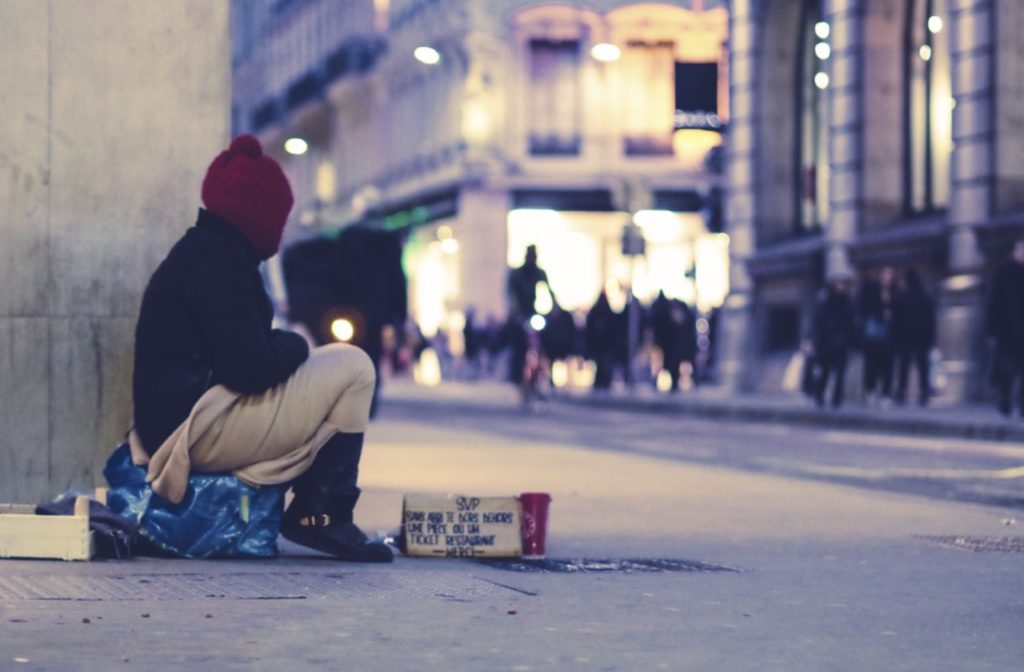Giving Shelter for 35 years

Overview
Rebecca's Tent has given support and refuge to nearly 1200 women, age 18 and over. All kinds of women have come to us and received acceptance, love and a helping hand. Shelter services have been and continue to be free of charge.
We offer a safe, secure place to sleep, three meals a day, and a wide range of supportive living services to homeless unaccompanied women. We also provide job-hunting and life skill training to residents.
Since the beginning our steadfast mission has been to enable homeless women to obtain permanent housing on a sustainable basis by providing shelter, empowerment tools, and community support.
Offering shelter services from November to April, we operate 7 days a week, 6:30 PM to 6:30 AM. From April to October, the agency provides a follow-up program, intake evaluations, a community referral system and transitional housing assistance to homeless women.
Our doors are open to women of all races, religions, and backgrounds.

Why are women homeless?
Women become homeless for many different reasons. A major factor frequently is the lack of affordable housing. Yet there are a number of complex conditions that pose barriers to permanent housing:
Low Wages/Poverty
Local salaries often do not keep up with the cost of living here. For those without the education or skills for higher wage jobs it can be difficult or even impossible to make ends meet.
Domestic Violence
When a victim of domestic violence decides to leave an abuser, s/he often must choose between personal safety and housing and financial stability.
Job or Income Loss
Many women are "one paycheck away from homelessness." Although the poor are most at risk of homelessness, middle class women who lose a job or a husband's income - whether due to job loss, disability, divorce, death or other reasons - may lose their homes and even their cars.
Mental Illness
A large number of homeless individuals struggle with some forms of mental illness. Though not a direct cause of homelessness, poor mentally ill individuals have a lack of access to support services and to secure appropriate housing or treatment.
Substance Abuse
Alcohol or drug addiction is a disease that crosses socioeconomic boundaries. Those living on the edge of poverty are at a higher risk of homelessness. Addicts who are homeless often lack adequate health care, access to addiction treatment, or supportive housing.
